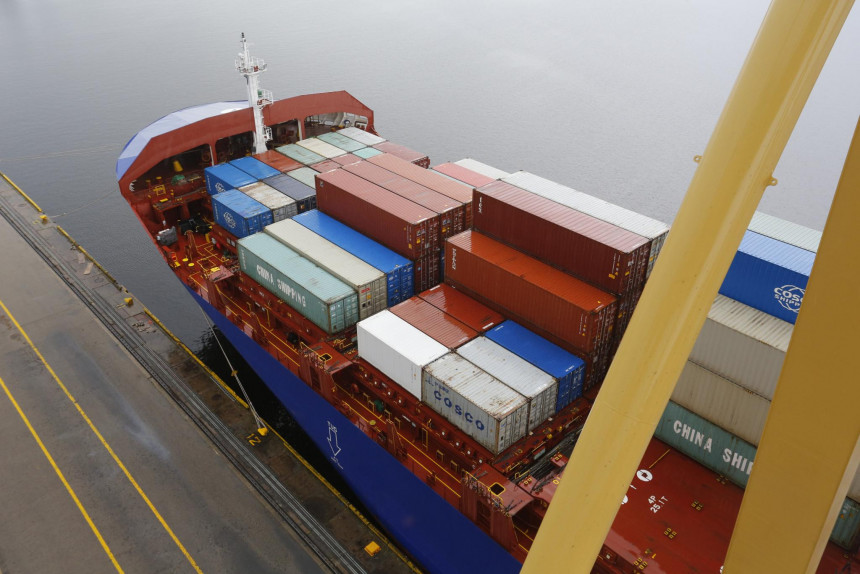Blockade of northern Black Sea ports will benefit Latvian freight

Against the backdrop of the overall economic problems, the rather positive fact that almost all Latvian freight traffic grew in the first three months of this year was not particularly noteworthy.
According to data compiled by the CSB, "in the first quarter of 2022, compared to the first quarter of 2021, freight transport has increased in all transport sectors". Rail freight was 12% higher than in the first three months of 2021 and the same percentage higher than at the end of 2021. Transit shipments by rail declined, while shipments for exports through ports rose by as much as a third. In road transport, export and import shipments rose by almost a fifth.
Such positive performance of the transport freight sector cannot be due to the end of the pandemic. The restrictions of the pandemic and their economic consequences were very painful in the first quarter of this year. The main cause is therefore Russia's aggression against Ukraine. There are at least two reasons for the increase. Immediately after the Russian invasion of Ukraine, restrictions on transport movements with Russia were to be expected. These risks accelerated the completion of already initiated transactions, including shipments. Secondly, at the end of February, the Russian aggression led to restrictions on transport to and from ports in the northern Black Sea, which made it necessary to look for alternative routes.
In March this year, the process of redirecting cargo flows from the Black Sea ports of Ukraine to other destinations was still in its infancy. In the second quarter of this year, new logistics and transit schemes have already been developed and implemented to ensure the exchange of goods between Europe and the unoccupied part of Ukraine. Some Ukrainian transit flows have shifted to Black Sea ports in Romania and Bulgaria, but a significant share of Ukrainian exports and imports has already been redirected to ports in the southern part of the Baltic Sea - Poland, Lithuania and Latvia. Consequently, as a result of Russian aggression and sanctions against Russia, Latvian freight will be affected by two processes. EU sanctions and the common boycott policy will reduce the flow of cargo to and from Russia and Belarus, while the blockade of the Black Sea ports will result in Latvian ports receiving some of the cargo that used to pass through Ukrainian Black Sea ports.
It follows that the claims of some transport industry leaders about an insurmountable crisis and cries for more and more state budget support for the transport sector, especially for Latvian Railways, have little basis.
On the contrary! 2022 is the time when we should and must call not for more and more state subsidies to maintain the sector, but work hard enough to offer our own transport services, embracing new opportunities.
The results of the second quarter of 2022 will largely be a moment of truth about the quality of the management of both Latvia's most important ports and Latvian Railways in seizing the opportunities that have arisen since the Russian invasion of Ukraine.